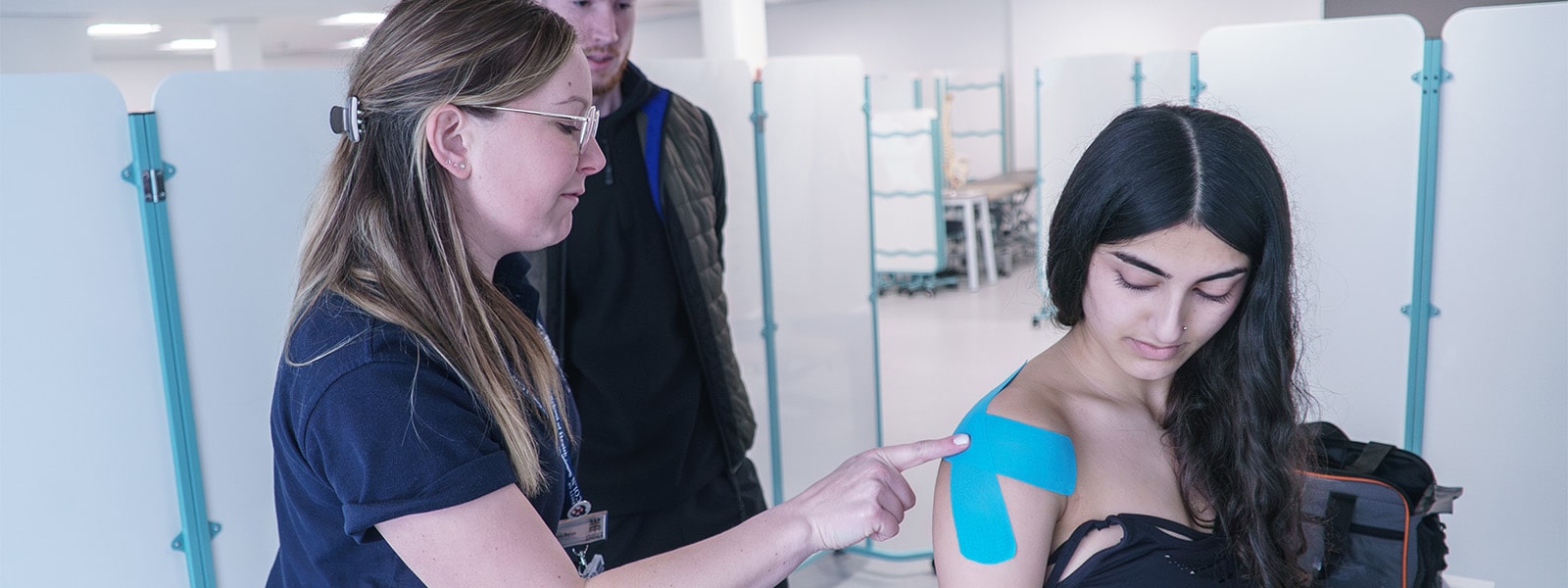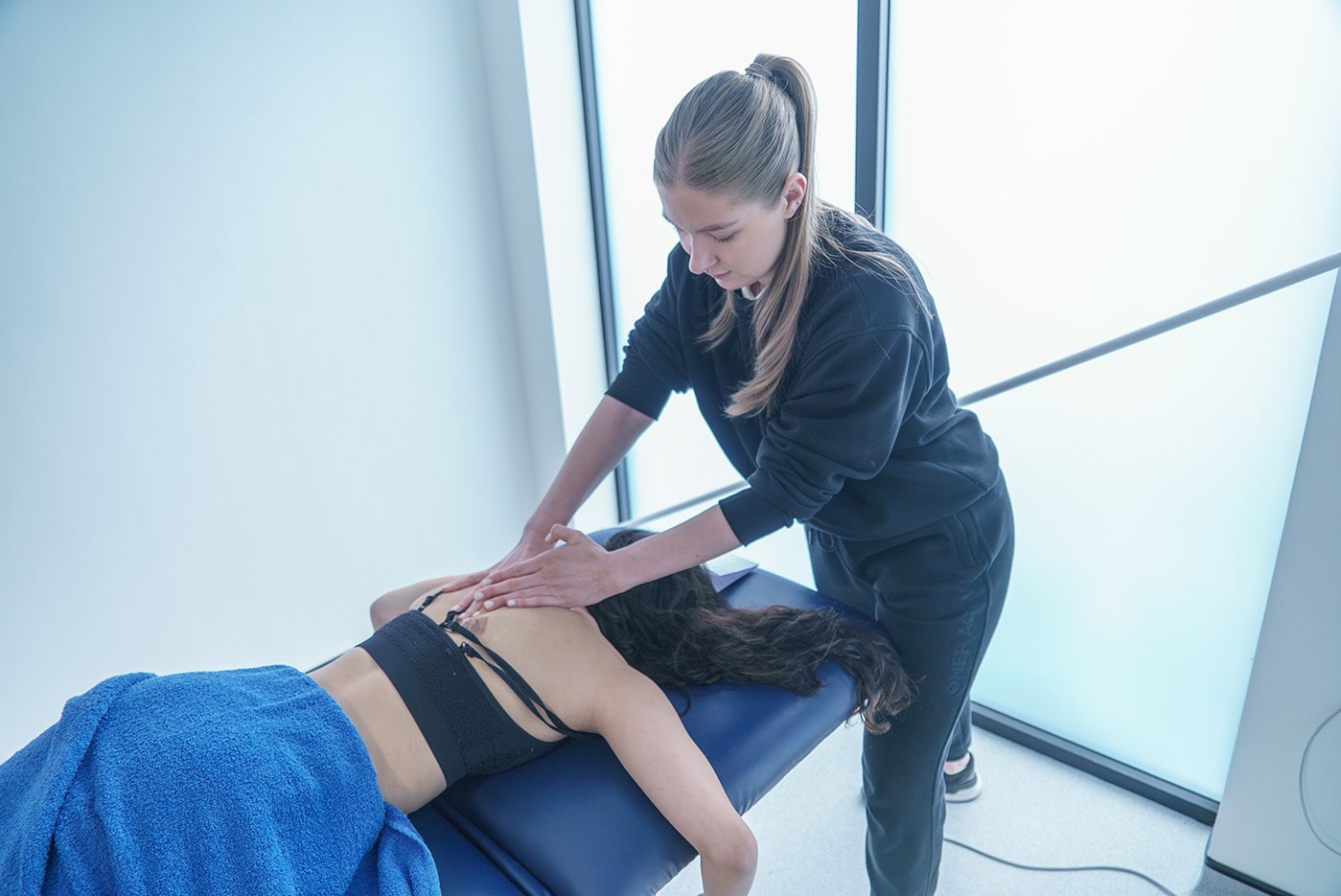Module Overview
The National Health Service, social care sector, and public services place a high value on research-informed practice. The health and care workforce needs to consist of change agents, informed entrepreneurs, creative, engaged, and influential clinical leaders, skilled in research design and investigation. Conducting research enables students to explore and develop their professional practice, contributing to and extending the knowledge in their sphere of practice.
This module aims to provide students with the knowledge and skills required to understand how research can directly inform practice and provides the opportunity to enhance patient care through direct experience of completing a research project.
The module is designed to support the development of research skills commensurate with Master's level study and promote development of a high standard of academic writing suitable for publication and dissemination. Students can undertake focused exploration of an area of professional interest, applying their understanding of the research process to design and conduct a research project or service investigation relating to their area of professional practice.
Students are expected to autonomously to write up the findings of the project, employing a high standard of academic writing suitable for publication and dissemination.
Module Overview
The module aims to develop students' knowledge and understanding of leadership in the context of contemporary clinical practice. A range of leadership topics will include legal, ethical and professional issues in Physiotherapy and how culture, diversity and values can impact on clinical practice. In addition, students will learn the importance of collaborative working and interpersonal skills in the context of leadership. Students will also learn theories and models of leadership, continued professional development and apply critical reflection to self-assess and enhance their own leadership capabilities. The aim of this will be to equip students with the ability to critique their clinical practice and generate methods of improvement at an individual, departmental and professional level. The knowledge and skills gained from this module will be utilised in future clinical practice to support learners to contribute to transformational change through their practice as a Physiotherapist.
Module Overview
This module aims to develop students' knowledge and skills in assessing patients in a comprehensive and inclusive manner. Students can develop a professional and patient-centred approach to assessing patients in order to arrive at a reasoned and evidence-informed clinical impression. Clinical reasoning and decision-making theory and application are covered relative to assessment and diagnosis/hypothesis. A range of approaches to patient assessment and documentation will be explored, with a focus on the role of effective communication as a key skill in modern physiotherapy practice. Students can also consider the role of wider biopsychosocial aspects to patient presentations and the assessment process.
Module Overview
This module explores a range of interventions used within the physiotherapy profession to treat, educate, support, and enable patients. These interventions include the therapeutic use of physical activity and exercise, manual therapy techniques, electrotherapeutic modalities, and techniques and equipment to facilitate functional human movement. Students can also reflect and critically evaluate their knowledge and skills to adapt techniques to meet individual needs and specialist populations to promote wellness, lifestyle change, and self-management. This module is designed to build on students' clinical reasoning and decision-making skills for their clinical practice.
Module Overview
This module aims to promote the development of clinically applied knowledge in health and social science relevant to person centred practice. Students can develop beyond the biomedical model and apply, psychological, and sociological sciences in the physiotherapy context. Learning through a series of theoretical and practical teaching sessions, students can benefit from enquiry-based learning to develop an holistic, person centred approach utilising shared decision making.
Module Overview
The Research Methods module is designed as an introduction to research for healthcare professionals working at the level of advanced clinical practice. The module aims to develop students’ skills and knowledge in engaging in research activity and adhering to good research practice guidance. The module seeks to enable participants to critically evaluate and develop evidence-based strategies which can lead to enhanced quality, safety, productivity, and value for money in their clinical practice.





